Bought myself a new camera. Took a stroll around Volkspark Friedrichshain in Berlin. It took rougly 1 minute and 32 seconds to fall in love with the camera.*
Rico Grimm
text. social media. moderation. foto.
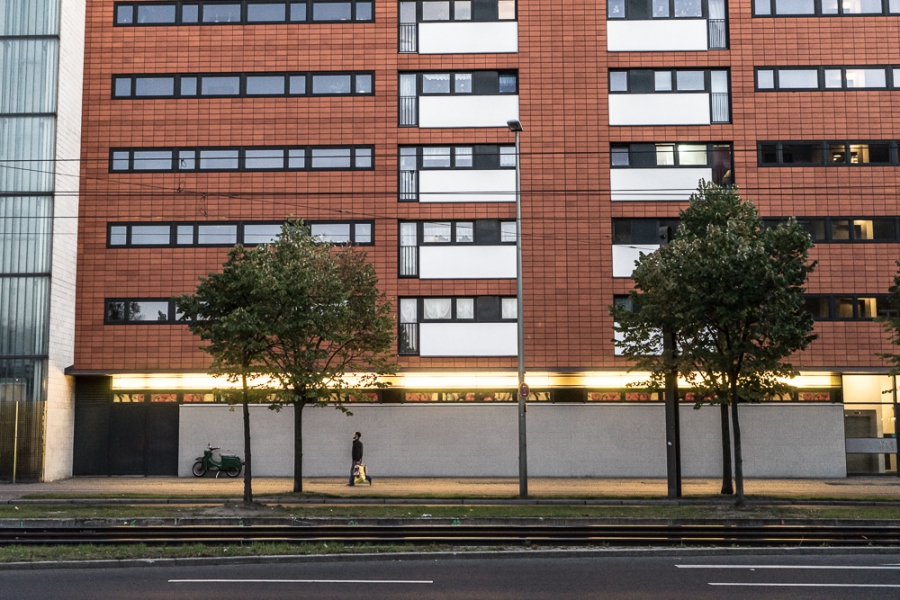
Rico Grimm, Krautreporter from Krautreporter on Vimeo.
1. Weil es so naheliegend ist, Journalismus nur durch die Leser zu finanzieren – und es trotzdem in Deutschland auf diesem Niveau noch nie ausprobiert wurde.
2. Dabei hätte dieses Modell Vorteile für Autoren und Leser. Weil wir Journalisten über Themen schreiben könnte, die wichtig und interessant sind, aber in anderen Medien nicht veröffentlicht werden konnten, etwa weil sie nicht aktuell genug waren, zu komplex oder schlicht das Geld in der Redaktion fehlte. Etwa solche Beiträge, die alle aus meinem Alltag stammen:
3. Weil ich noch weiter mit fotojournalistischen Formaten, etwa solchen kurzen Foto–Text-Porträts experimentieren will. Denn ich glaube, dass “Geschichte” bedeutungslos ist, wenn wir nicht erzählen, wie einzelne Menschen an ihr teil haben – und ihr Leben von ihr geformt wird.
4. Weil ich kein schlechtes Gewissen mehr haben will, wenn ich einen Text für ein Online-Medium schreibe – ob der Selbst-Ausbeutung, die das mit sich bringt. (Zur Info: 180 € vor Steuern für zwei Tage Arbeit sind nicht unüblich.)
5. Weil nichts so befriedigend ist, wie ein gutes Gespräch. Und das würde ich gerne mit den Lesern von Krautreporter führen. Mein großes Vorbild dabei: Ta Nehisi-Coats vom US-Magazin The Atlantic, der eine Kommentarspalte mit einem Abendessen vergleicht, zu dem der Leser eingeladen wird.
6. Weil der Hashtag #longreads abgeschafft gehört. Schließlich sollten lange, hintergründige Texte online nichts Besonderes mehr sein.
7. Weil Krautreporter das beste Argument gegenüber Verlagsmenschen für mehr Investitionen und Experimente wäre. In allen Häusern.
8. Weil ich nicht oft in meinem Leben ein Magazin gründen könnte. Und ihr auch nicht! Also werdet Mitgründer: www.krautreporter.de
Die Waffen für zwei Weltkriege geliefert, nie eine Wahl gehabt, unter die Erde und in die Gluthitze der Hochöfen gezwungen, beide Kriege verloren, Millionen von Menschen getötet. Und nie, nie, niemals durftest du darüber reden. Sonst kriegst du auf die Fresse. Ich sag’ mal so: Aufrechter Gang geht anders. Wer das Ruhrgebiet verstehen will, muß sich mit diesem sehr komplexen, vielschichtigen, zähen Gefühl auseinandersetzen: Scham. Und er muß damit rechnen, dass er dafür auf die Fresse kriegt.
Wäre das Land vernünftig statt sentimental, würde es aufhören, sich etwas vorzumachen. Es würde sich als das begreifen und benennen, was es ist: eine Klassengesellschaft.
Katja Kullmann, “Im kalten Nebel”
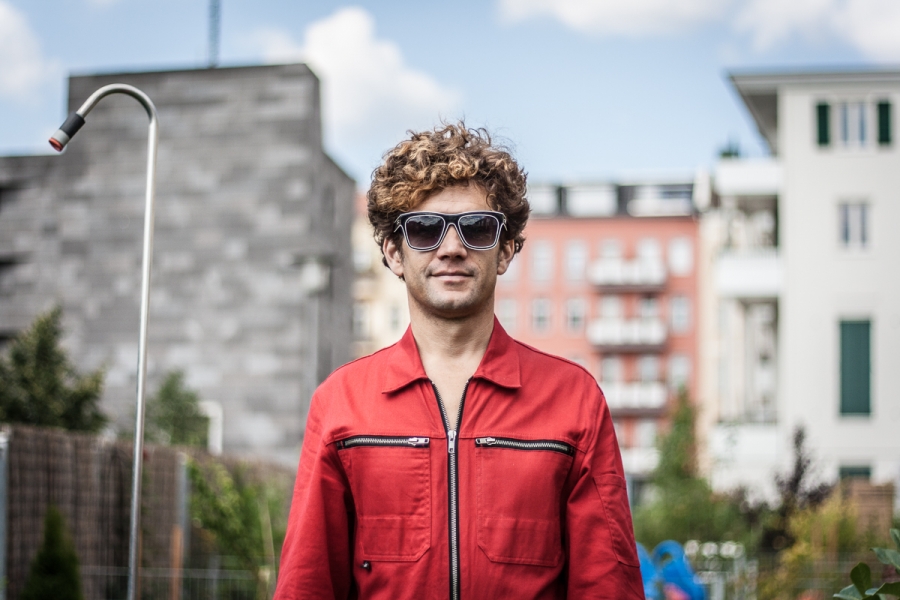
This is John Dyke. He grew up in Melbourne, Australia and lives now as a singer in Berlin which is nothing special. Berlin is, thankfully, full of musicians. But Dyke is somewhat special because he does not live in Neukölln or Kreuzberg – he bought a house in the middle of the city and lives there now with wife, kids and a garden. And he sings about that life – in German.
It was 20 years ago when he first came here. He worked for the percussion company Sonor. And one day he walked into a bar and ordered a beer. “It was awesome to see that you order a beer in Germany and somebody only draws a line on your beermat to count the number of beers you had. The people trusted each other. Something like that would be unthinkable in England.”
John Dyke fell in love with the country. He stayed and is now something like a culture ambassador of it. The ‘Goethe-Institut’ is dedicated to promote German language and culture in the world and regularly books him for events from Usbekistan to New York.
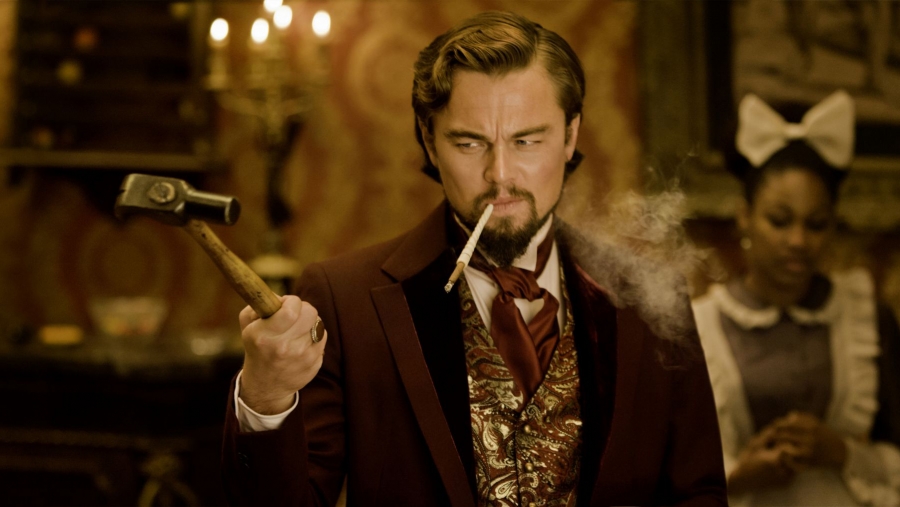
This is a very interesting read.For Germans, Americans, Israelis, Palestinians, Australians, Kurds, Turks. For everyone, actually. Because – without questioning the singularity of events – I cannot think of one nation who did not stomp over other peoples rights in its history. (If you can, let me know) Inflicting sorrow to their fellow humans is a common trait of all people. Take that into account, try to fully understand what it means that there is no “good nation”, no “light unto the nations”, no “God’s own country”, that in the end nations always do good *and* bad – it becomes a lesson of humbleness you can not forget nor ignore. That is why coming to the terms with the past is so important.
Photo: Scene from “Django Unchained”
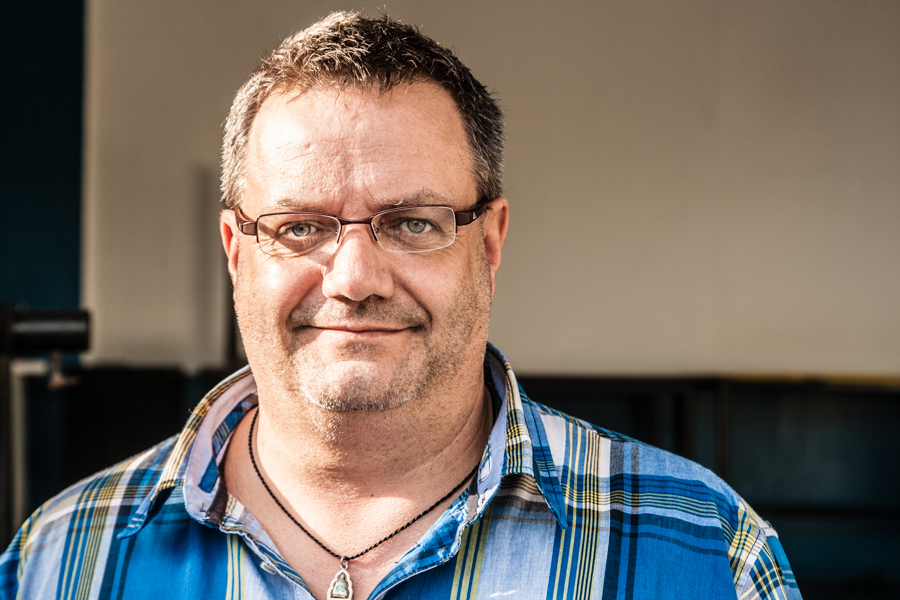
This is Gunter, he owns a German restaurant in Iraq, in Erbil, the capital of the semi-autonomous region of Kurdistan. Ordering a beer in his restaurant was a small home-coming for me. Because the beer was brewed 10km away from where I grew up. The food Gunter cooked was the same my grandma always prepared for me.
Gunter comes from a small town in Thuriniga, in the middle of Germany. Him owning a restaurant in Iraq was not a propect he could have fathomed some 25 years earlier. It was the fall of 1989 when he went for “a walk” and demanded freedom of movement, when he demonstrated against the government of the German Democratic Republic. In a childish move of vengeance this government enlisted him for military service. A couple of weeks later the Wall came down and the East-German forces were reunited with their West-German counterparts. Gunter stayed in the army and did what he had learned. He cooked. In Bosnia, in Kosovo, in Kabul. It was in the Afghan capital that he opened his first restaurant in 2003. Times were good at that time in Afghanistan. Everybody was optimistic, Gunter recalls. With every bomb attack this optimism vanished further, making him closing his restaurant in the process. 30.000 Euros were lost. He started again in Iraq. Same story here: many Internationals, optimism, no competition. This time it worked. Gunter wants to open his next restaurant on the island of Sri Lanka.
When I was asking Gunter what he thinks of Germany, if he would go back, he replied: “What could I possibly want there?”
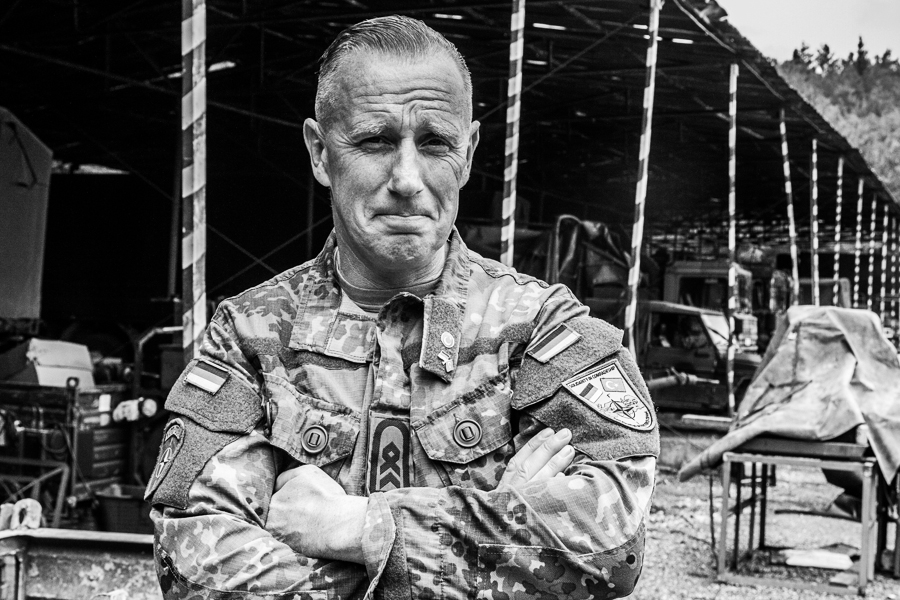
This is Thomas W., technician with the German army. Being part of a Nato-deployment, he was stationed in South Turkey for three months. Look at his shoulders, they tell alot about him – because they are empyty. Thomas W. wears his uniform badge on his breast.
He is a optimistic, funny guy from Hamburg trying to cope with the boredom of this deployment. In the back of the picture you can see the improvised workshop where he and his team tend to the cars and trucks of the German units.
You can read my full (German) report about this Nato-Operation here.
“There must never again be and there will never again be a November 1918 in Germany,” was his first political resolution after a great many political ponderings and speculations. It was the first specific objective the young private politician set himself and incidentally the only one he truly accomplished. There was certainly no November 1918 in the Second World War—neither a timely termination of a lost war nor a revolution. Hitler prevented both.
Let us be clear about what this “never again a November 1918” implied. It implied quite a lot. First of all the determination to make impossible any future revolution in a situation analogous to November 1918. Secondly—since otherwise the first point would be left in the air—the determination to bring about once more a similar situation. And this implied, thirdly, the resumption of the war that was lost or believed to be lost. Fourthly, the war had to be resumed on the basis of a domestic constitution in which there were no potentially revolutionary forces. From here it was not far to the fifth point, the abolition of all Left-wing parties, and indeed why not, while one was about it, of all parties. Since, however, one could not abolish the people behind the Left-wing parties, the workers, they would have to be politically won over to nationalism, and this implied, sixth, that one had to offer them socialism, or at least a kind of socialism, in fact National Socialism. Seventh, their former faith, Marxism, had to be uprooted and that meant—eighth—the physical annihilation of the Marxist politicians and intellectuals who, fortunately, included quite a lot of Jews so that—ninth, and Hitler’s oldest wish—one could also, at the same time, exterminate all the Jews.
Sebastian Haffner, “The Meaning of Hitler”
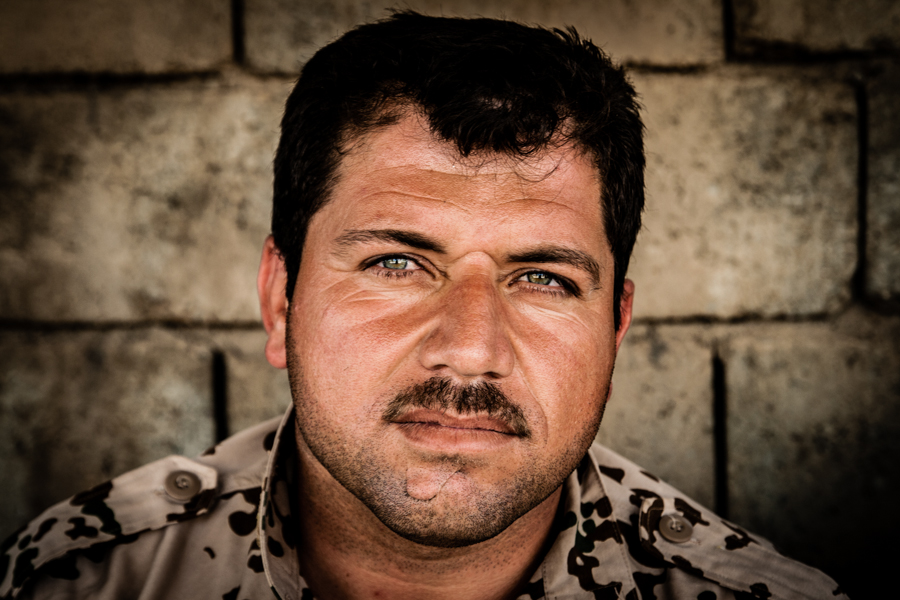
I met Halmat at a dusty bus station in the kurdish city of Koia. When the Americans started Operation “Enduring Freedom” to topple Saddam Hussein in 2003, he helped to liberate the city of Kirkuk. Today he works as a bodyguard of the deputy prime minister Kosrat Rasul, a former general, the “kurdish Che Guevara”, a living legend among the guerilla fighters of Kurdistan. Halmat is a Peshmerga, one of these guerillas.
Halmat speaks Kurd, Arabic and Fars. I do not speak any of his languages. Halmat showed me his duty pass on which all his credentials were printed in impeccable English – traces of the US-invasion. That’s why I know all this.
Route nach Sulaymaniyah, Irak auf einer größeren Karte anzeigen
Me and Halmat shared a cab from Koia to Sulaymania in the farther east of the Kurdistan Region. After we arrived, Halmat wanted to help me find a hotel but did not understand where I wanted to go. So, he handed me without saying a word his mobile phone. A man answered in German: “Hello? What’s up?” I heard a till ringing in the background. The voice on the other end of the phone gave us directions to the hotel. It belonged to Halmats brother who owns a shop in the German city of Aachen. The brother said finally: “Dude, I gotta run. The shop is full of customers. You know what Saturdays are like in Germany.” Oh yes, I know them.
But now, I too know what Saturdays are like in Kurdistan.
Ick seh dat so: Am Ende wird alles jut. Und wenn’s nich jut wird, is es noch nicht das Ende!
Andy, Neukölln in “Maria und Josef in Neukölln”, ZEIT, 19.12.2012
Man kann morgens um fünf Uhr für das neueste Gerät [von Apple] anstehen. Man kann aber auch einen ganzen Tag lang vor dem Laden gegen unmenschliche Arbeitsverhältnisse protestieren.
Joachim Gauck, Bundespräsident der BRD
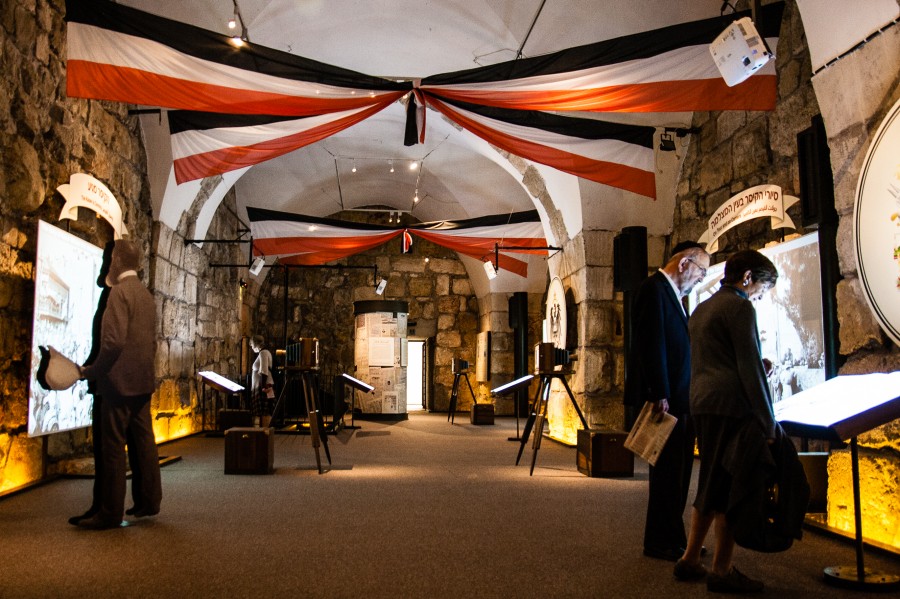
In der Zeit vor dem Pillenknick waren Kinder noch kein kostbarer nachwachsender Rohstoff und kein Problem, sondern einfach nur da.
Peter Praschl, SZ Magazin, 4.3.2011
Tags, nach acht, wenn der Berufsverkehr die Straßen überspült, wenn die Straßenbahnen quietschen, würden die Menschen rüde. Nach acht würden sie ihre Ellenbogen ausfahren. Nach acht seien jene unterwegs, die noch keine Niederlagen kennen, sagt Hoffmann. Nach acht werde er wieder angerempelt.
Henning Sußebach

Wir können allet. Twitter, Blog, scheißejal. Jeb mir en Kanal und isch bedien ihn dir. Und irgendwann, da biste so mürbe. Und dann, dann hab isch disch.
Christoph Goller, inspiriert durch Kir Royal http://www.youtube.com/watch?v=LdQyQLs2THM
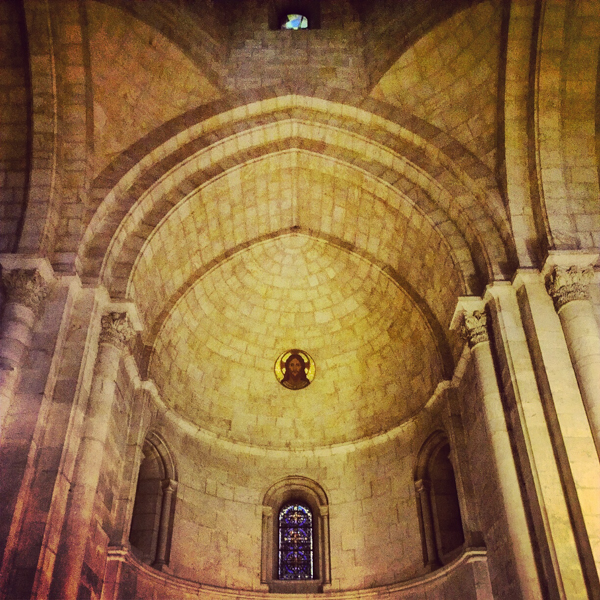
Germans are technocrats holding Goethe in their hand.
Inspired by Georg Diez
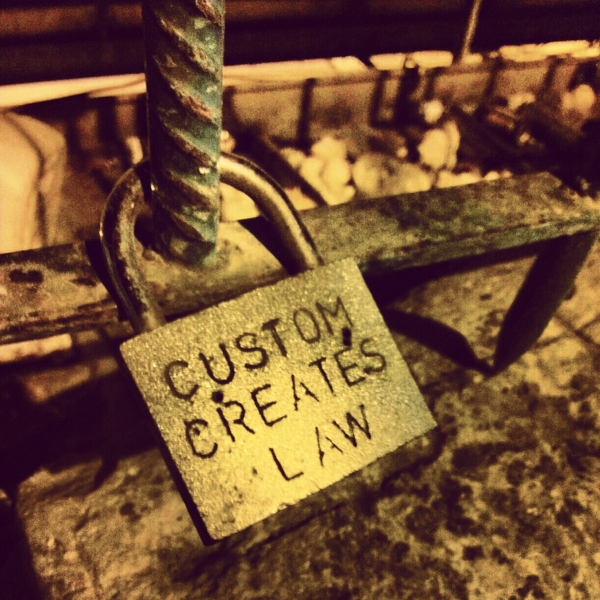
Der Inhalt zieht die Form auf.
Uwe Johnson
Vielleicht hat der See das Bewusstsein verdorben, die Leute beginnen sich nach einer surrealen Vollkommenheit zu sehnen, die der Schmutz der Alltagswelt nicht mehr trübt: Zu der schönsten Abendsonne der Welt muss sich die schönste Herrschaftsform der Welt gesellen, die Demokratie der höheren Stände. Die Starnberger Republik.
Stephan Lebert